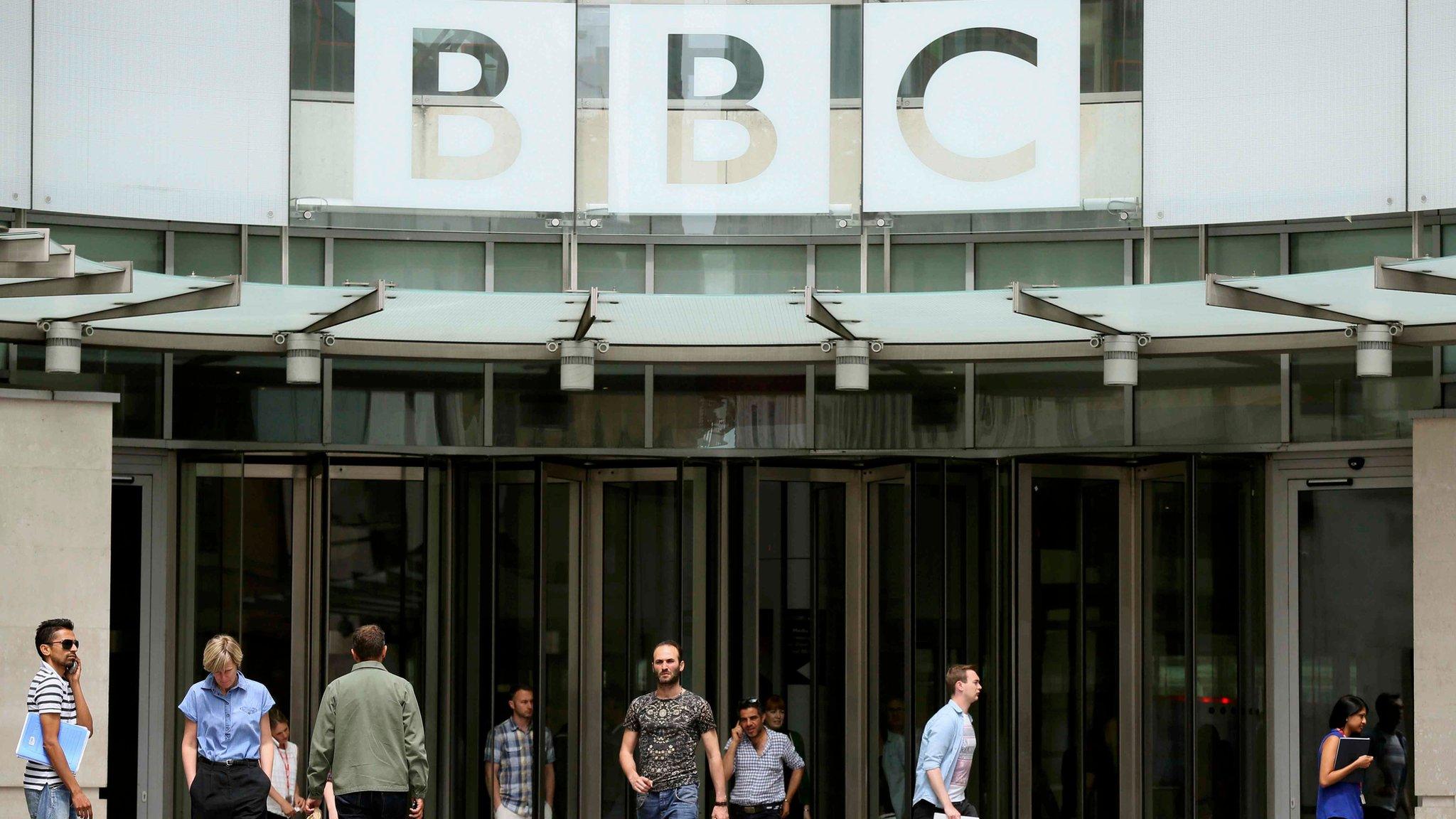BBC facing 'root-and-branch' review
- Published
- comments
Michael Palin: "I want to hear the arguments for why the BBC should be reduced"
The government is set to launch a "root-and-branch" review of the BBC, as the corporation heads towards charter renewal in 2016.
A Green Paper, external, to be issued on Thursday, will lay out the issues ministers want to explore during negotiations over the BBC's future.
It is expected to question the broadcaster's size and its activities.
An independent report into whether non-payment of the licence fee should be decriminalised is also due on Thursday.
Led by barrister David Perry QC, the team drawing up the report will recommend whether people who fail to pay the annual £145.50 fee should face prison.
About 3,000 people each week end up in court on evasion charges. In 2013, 32 people were jailed for not paying the resulting fine, down from 51 the previous year.
Website 'scaled back'
The publication of the green paper comes a week after the BBC agreed to take on the cost of free TV licences for the over 75s, a policy which could cost the corporation up to £650m.
According to several media reports, the green paper will focus on four or five key themes, including governance and impartiality.

Popular shows like Strictly Come Dancing could face the axe
Culture secretary John Whittingdale is also expected to look at whether the BBC should do away with "highly commercial" entertainment shows like The Voice.
The review will also examine other funding models, including a household tax, subscription and a means-tested licence fee.
And it will ask whether the BBC should scale back its website, after chancellor George Osborne said it was "completely crowding out national newspapers".
"If you look at the BBC website it is a good product," he told the Andrew Marr programme earlier this month, "but it is becoming a bit more imperial in its ambitions".
The Sunday Times also said, external the Green Paper would look at replacing the BBC Trust with broadcasting regulator Ofcom.

Analysis: Mark Easton - Home editor
The government is firing the starting gun on what they hope will be a national debate about what kind of BBC we want to have in the future.
The culture secretary John Whittingdale has said it will cover the scope, the scale, the funding and the governance of the BBC. Not least the notion that the BBC should be a much smaller organisation providing public service broadcasting. In other words, specific programmes that the commercial sector cannot provide. It could mean an end to shows like EastEnders, The Voice and Strictly Come Dancing.
Meanwhile, we also expect to get the report into whether non-payment of the licence fee should remain a criminal offence. The expectation is that David Perry QC, who oversaw the report, will say criminalisation should stay.

Mr Whittingdale has appointed eight people to work on the renewal of the BBC's royal charter - which sets out the corporation's remit - including Dawn Airey, former boss of Channel 5 and journalism professor Stewart Purvis, a former editor-in-chief of ITN.
Ms Airey, who is an executive at Yahoo, has previously called for the licence fee to be cut and to consider charging for website output.
'Special interests'
The panel was criticised by Conservative peer Lord Fowler, who warned in the House of Lords on Tuesday that the BBC was "under unprecedented attack".
"I must warn those who support the BBC that we have something of a fight on our hands," he said.
"The cards are marked and somewhat stacked against us. The advisory group advising the Secretary of State clanks with special interests and past opinions."
Speaking at the same debate, Lord Patten, a former chairman of the BBC Trust, called the government's advisory panel "a team of assistant gravediggers" who would help the culture secretary "bury the BBC that we love".
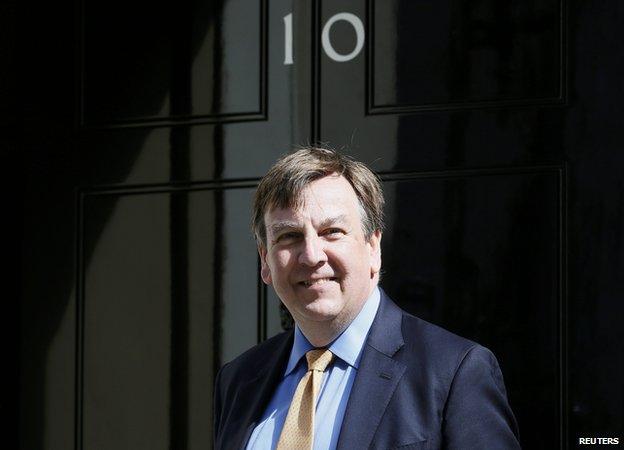
Mr Whittingdale has said the TV licence is 'becoming harder and harder to justify'
Baroness Neville-Rolfe, government spokesperson for the Department of Culture, Media and Sport, responded by saying "no-one is seriously proposing the BBC's abolition".
However, she warned, "one particular area of contention" was the "extent to which the BBC manages to meet its impartiality obligations, and how best this should be achieved and regulated."
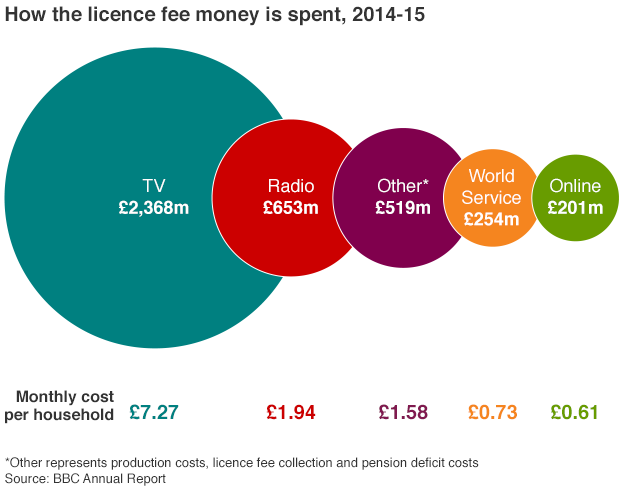
Tony Hall, the BBC's director general, made his own case for the corporation on Tuesday, saying "a BBC that doesn't inform, educate and entertain is not the BBC the public know and love".
Similar sentiments have been expressed by shadow culture secretary Chris Bryant, who said the "golden thread" running through the BBC was that "it provides something for everyone."
The publication of the green paper on Thursday will be followed by a public consultation.
- Published15 July 2015
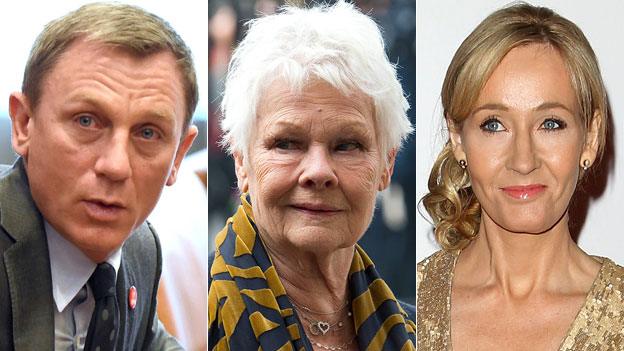
- Published14 July 2015

- Published12 July 2015
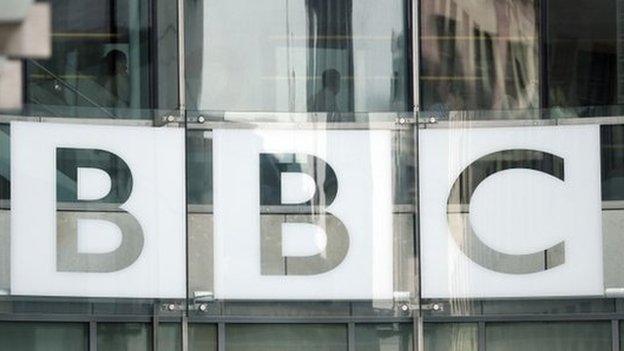
- Published7 July 2015
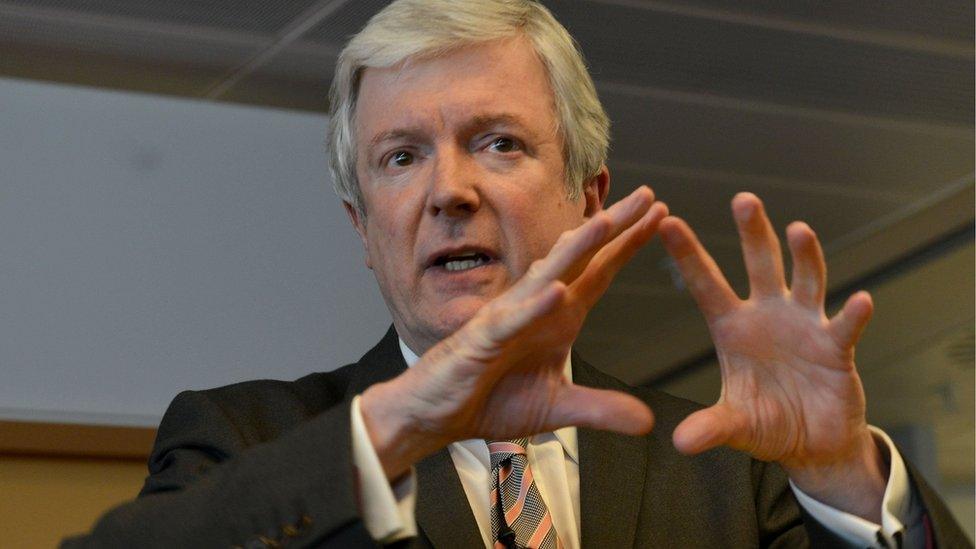
- Published6 July 2015
